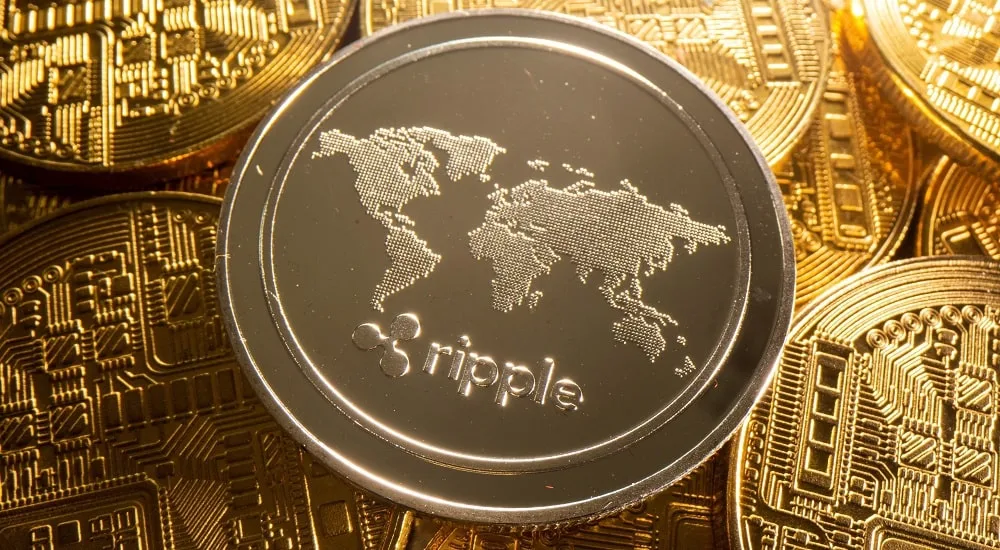
What is Ripple and Why Invest in XRP
Ripple and its native cryptocurrency, XRP, represent a groundbreaking approach in the digital currency world, aimed specifically at transforming global financial transactions. Unlike traditional cryptocurrencies that were developed mainly to serve as decentralized digital currencies, Ripple was designed with the financial services industry in mind, particularly for streamlining international money transfers.
The Genesis of Ripple and XRP
Ripple was co-founded by Chris Larsen and Jed McCaleb and launched in 2012. Their vision was to create a more efficient and cost-effective system for direct transfer of assets that operates in real-time, unlike the traditional, often sluggish banking systems. Ripple aims to disrupt the global financial industry by making international transactions faster, cheaper, and more reliable.
RippleNet and Its Impact
RippleNet, the digital payment protocol that underpins Ripple, is a network of institutional payment providers such as banks and money services businesses. These institutions use RippleNet’s advanced blockchain technology to facilitate quick and secure money transfers globally. RippleNet’s major selling point is its ability to bypass the traditional system of correspondent banking, which can be slow and incur high fees, by leveraging the speed and fluidity of blockchain technology.
Advantages of RippleNet in Payment Systems
One of RippleNet’s standout features is its convenience and efficiency in sectors requiring rapid, reliable payment processing, such as online casinos. For online gaming platforms and their patrons, RippleNet offers the ability to quickly pay and cash out winnings without the hefty fees or the long waiting periods associated with conventional banking. This system provides a seamless user experience, making it an attractive option for cresus casino looking to improve customer satisfaction through fast and easy transactions.

The Role of XRP Cryptocurrency
XRP is the digital asset native to the Ripple network. Its primary function is to act as a bridge currency, facilitating transactions between different currencies on the Ripple network. This capability is particularly important for international transfers, where converting from one currency to another can be cumbersome and expensive. XRP stands out for its speed, with transactions typically settling in just a few seconds, and its low cost, with fees that are a fraction of a penny.
Why Invest in XRP
The investment case for XRP is built on its unique position within the cryptocurrency space. As the backbone of Ripple’s payment protocol, XRP is not merely speculative digital currency but serves a practical purpose in improving global money transfers. Its use by financial institutions, cresus casino gambling projects and online merchants for cross-border payments is steadily increasing, which in turn can increase its demand and value.
Moreover, Ripple’s ongoing development efforts and strategic partnerships within the financial sector could further enhance XRP’s utility and market presence. However, potential investors should carefully consider the regulatory environment surrounding Ripple and XRP, as legal and regulatory developments can significantly impact market perception and the cryptocurrency’s value.
Ripple and XRP have carved out a niche in the crowded cryptocurrency market by offering tangible solutions to real-world problems in the financial industry. With its focus on facilitating fast, low-cost international money transfers, Ripple has the potential to revolutionize financial transactions across the globe. While investing in XRP carries inherent risks, as with any cryptocurrency, its growing utility and adoption in the financial sector present compelling reasons for consideration by investors.
Popular
-
Pasino Online Casino Review
Pasino online casino is a popular gaming platform that offers …

-
Blockchain in Insurance: Automating Payments and Risk Management
Blockchain is one of the most promising technologies of our …

